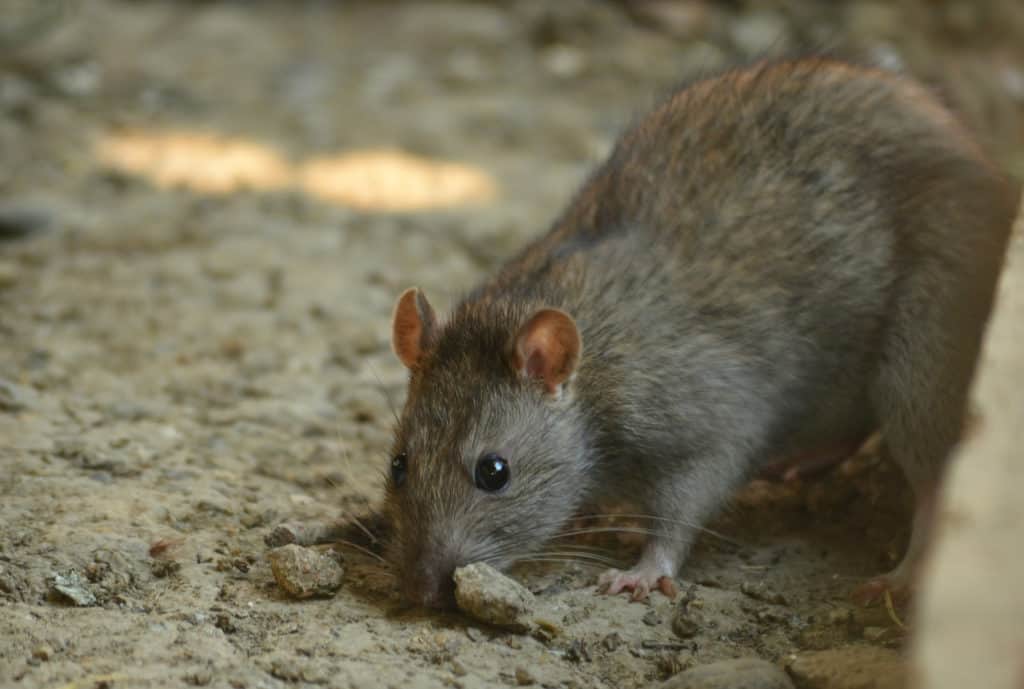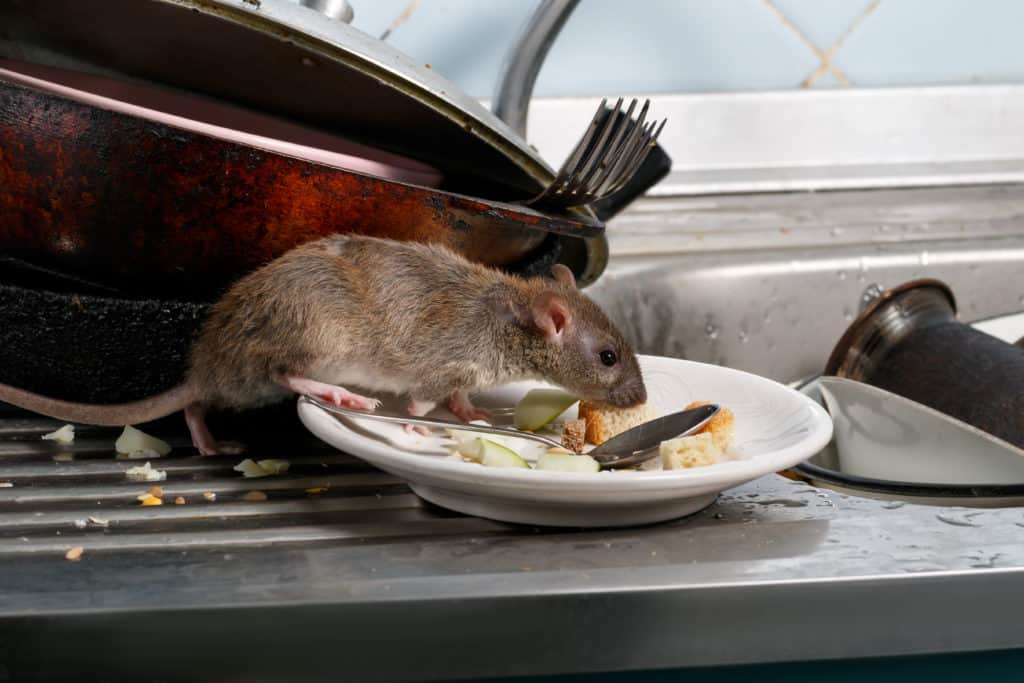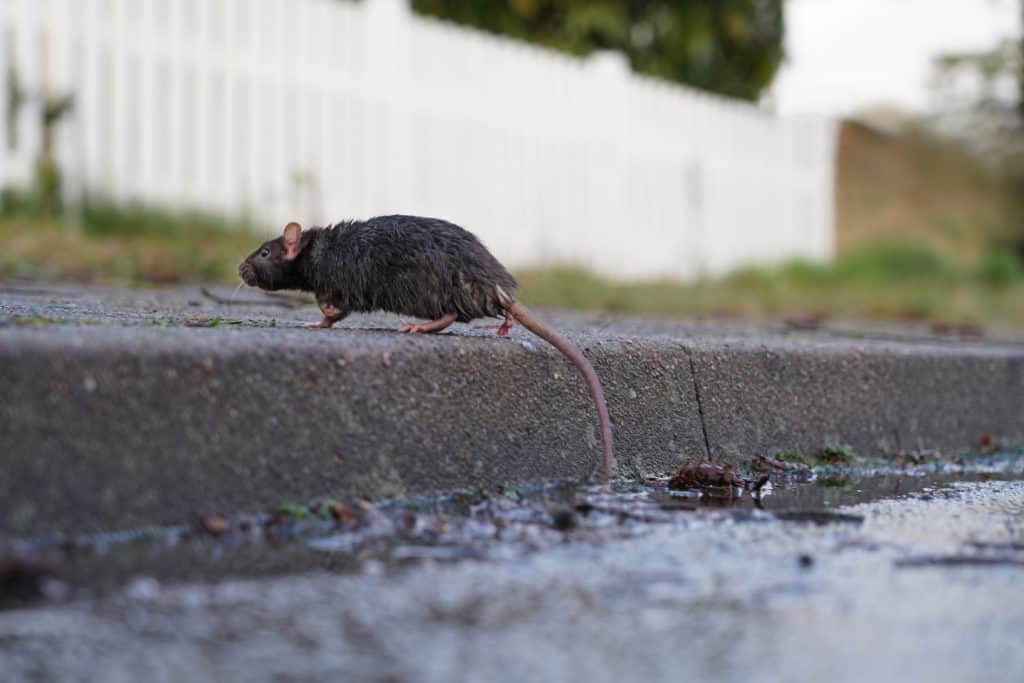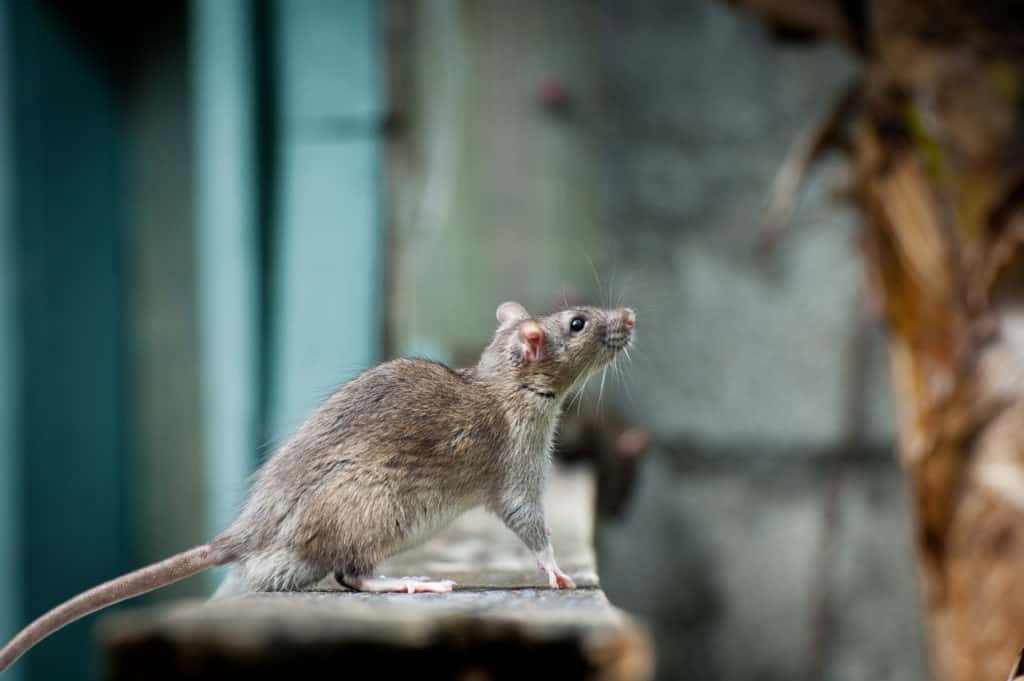How Powerful are Rat’s Noses?
How Powerful are Rat’s Noses?
Sniffing Out Danger
First widely used in World War II, landmines quickly became an infamously heinous weapon of warfare. While war in itself is heinous, landmines gained particular infamy for their death tolls of innocent citizens following the conclusion of wars. In an attempt to prevent injury or death as a result of these dangerous weapons, bomb-sniffing dogs and high-tech detectors are sent out to try and detect hidden landmines in order to remove them. However, these techniques risk the lives of both dogs and humans, and can be inanely costly… which is why a new innovation may offer a new solution to this problem: bomb-sniffing rats.
A non-profit organization known at APOPO specializes in the training of animals in order to help save lives. As of late, they have been utilizing the powerful noses of rats to root out land mines in Cambodia. The local APOPO team reported that the rats’ impeccable olfactory skills were able to detect the scent of trinitrotoluene (TNT) in amounts as small as 29 grams. Furthermore, these highly trained rats can cover over 2,000 square feet of potential minefields in roughly 20 minutes, while the same amount of space would take humans with detectors an average of 4 days to search. “They’re cost-efficient, they’re easy to transport, they’re easy to train, and they don’t set off the mines because they’re too light,” explains Theap Bunthourn, APOPO’s operations coordinator in Cambodia.
In fact, the impeccable sniffers of rats are powerful enough that additional training for other purposes is being explored. APOPO’s head of training, Tim Edwards is very confident in the abilities of rats’ noses and believes that we could even begin using them to detect diseases such as tuberculosis and cancer.

The Sniff that Started an Infestation
With such a “scent-sitivity” for detecting olfactory stimuli, it’s no surprise that rats can be attracted to your home based on a variety of different smells. Some of the most common scents that can lead to rodents infiltrating households include:
- Birdseed – Any birdseed that collects on your deck or nearby the side of your home may be attracting rodents to your property, ultimately encouraging them to linger around, and even enter your home. Make sure to sweep up and extra
- Garbage – If you have an open garbage can near your home, it can draw rats in for a tasty dumpster treat. Make sure your garbage cans have lids and that they are not stored directly next to the siding of your home, this will discourage rats form attempting to enter your home after exploring your trash bins.
- Compost Bins – Similar to garbage bins, you will want to be sure any compost is covered and kept away from the side of your home.
- Dog Poop – Disgustingly, dog poop is actually a major food source for rats. Canine feces is only 60% digested leaving rodents a great food source full ofvitamins… including the antidote to the anticoagulant poison in our bait blocks: Vitamin K. Take care to remove your pup’s droppings from your yard. Taking this measure will both help prevent the attraction of more rats to your home and prevent the consumption of the droppings counteracting the anticoagulant bait blocks we use in our rodent stations.
- Food – If you leave food out on your counters, on dirty dishes in the sink, or in your backyard following a barbeque, local rodents will definitely be picking up on the scent. This doesn’t just go for rodents, however. Sealing and properly storing food is crucial to pest control regarding nearly every pest there is.

Making Noses go “Nope!”
Just as some scents draw the attention of such sensitive rodent noses, others conversely drive them away. While not all proven to be true, the following are some scents that are supposedly particularly repulsive to rats:
- Peppermint Oil – While some people swear by this trick, others have reported that it did nothing in their attempts to repel rats. However, this is a very safe and easy DIY method of keeping rats at bay, and recent studies conducted in Thailand have found that there is scientific proof that rats will actively avoid the scent of peppermint. Spritzing peppermint oil around the base of your home will then, not only make it smell nice, but provide potential rodent control.
- Eucalyptus – A study published in The Scientific World Journal in 2014 proved that Eucalyptus is effective at repelling rats. However, the downside to using Eucalyptus oils is that its scent deteriorates and therefore the oil needs to be reapplied almost daily to remain effective.
- Citronella – Not only does it repel rats, but citronella is well known for being a powerful mosquito repellant. Further studies have even alluded to the fact that it may discourage other flying pests from approaching your home as well, so planting some citronella in your backyard is a very helpful DIY pest control barrier.
- Scents of Predators – Rats are prey animals, so the smell of potential predators such as dogs, cats, foxes, or racoons, can be very effective in helping to deter rats. While it may be difficult to get the scents of wild predators like foxes to aid in rat deterrent, simply owning a cat or dog can help discourage rats from targeting your home.
- Moth Balls – This, while effective, is NOT recommended. In the past, moth balls were used as DIY rodent control, but since the 2000’s they have quickly been determined to be detrimental. In fact, the National Pesticide Information Center (NPIC) has even issued a warning about ever using moth balls as they are toxic to humans, pets, and the environment. So, they may repel rats, but it seems they repel pretty much anything else as well.

A Scent of Their Own
Although they may have sensitive sniffers, this doesn’t mean that rats aren’t smelly. Along with their infamy for running through sewers and dumpster diving, comes a particular stench of their own. In infested homes, their scent is typically described as musty with hints of fecal matter, and a sharp ammonia overtone. This smell is due to the mix of their droppings and urine as well as their overall uncleanliness.

Citations
International Campaign to Ban Landmines – A History of Landmines: Problem (no date) ICBL. Available at: https://www.icbl.org/en-gb/problem/a-history-of-landmines.aspx (Accessed: February 18, 2021).
Jitchotvisut, J. (2019) 10 Things You Might Not Know Attract Mice, Insider. Available at: https://www.insider.com/what-attracts-mice-2018-12 (Accessed: October 2020).
Lewis, D. (2015) Watch These Giant Rats Sniff Out Landmines, Smithsonian Magazine. The Smithsonian Institution. Available at: https://www.smithsonianmag.com/smart-news/watch-these-giant-rats-sniff-out-landmines-180956899/ (Accessed: February 18, 2021).
Schwartz, D. (2020) 8 Signs You May Have Mice, Bob Vila – Tried, True, Trustworthy Home Advice. Available at: https://www.bobvila.com/slideshow/8-signs-you-may-have-mice-50194 (Accessed: December 8, 2020).
Thind, R. and Mahal, A. (2014) “Potential of Eucalyptus Oil as Repellent Against House Rat ,” The Scientific World Journal. Edited by M. Todaro. doi: https://www.hindawi.com/journals/tswj/2014/249284/.
We Train Animals To Save Lives (no date) APOPO. Available at: https://www.apopo.org/en/what-we-do (Accessed: February 18, 2021).
What Attracts Rats? (2018) Wildlife Removal USA. Available at: https://wildliferemovalusa.com/ratattraction.html (Accessed: October 2020).
How to Maintain a Pest-Free Kitchen for the Holidays
How to Maintain a Pest-Free Kitchen for the Holidays How to Maintain a Pest-Free Kitchen for the Holidays Summary: This blog educates homeowners [...]
Pests That Invade Packages & Boxes: How to Prevent Hidden Infestations
Pests That Invade Packages & Boxes: How to Prevent Hidden Infestations Pests That Invade Packages & Boxes: How to Prevent Hidden Infestations Summary: [...]
Keep Pests Out of Your Holiday Gatherings
Keep Pests Out of Your Holiday Gatherings Keep Pests Out of Your Holiday Gatherings Summary: The holiday season is all about good food [...]
Cold Weather vs. Warm Weather Infestations: How Temperature Shapes Pest Activity
Cold Weather vs. Warm Weather Infestations: How Temperature Shapes Pest Activity Cold Weather vs. Warm Weather Infestations: How Temperature Shapes Pest Activity Summary: [...]
Garden Pests Do Not Hibernate Indoors – How They Attack Houseplants And What To Do
Garden Pests Do Not Hibernate Indoors – How They Attack Houseplants And What To Do Garden Pests Do Not Hibernate Indoors – How They Attack [...]
The Scariest Pests (And Why They Freak Us Out)
The Scariest Pests (And Why They Freak Us Out) The Scariest Pests (And Why They Freak Us Out) Summary: A practical, homeowner-friendly guide [...]

